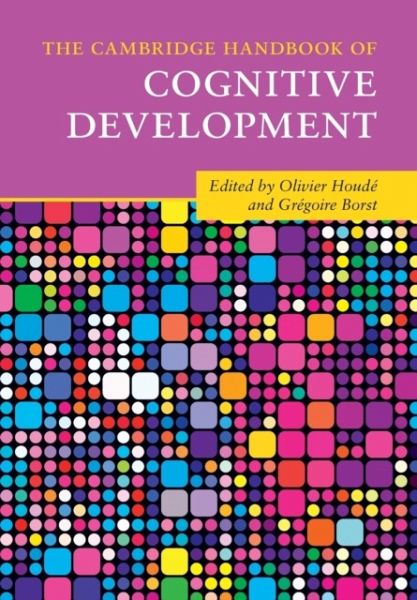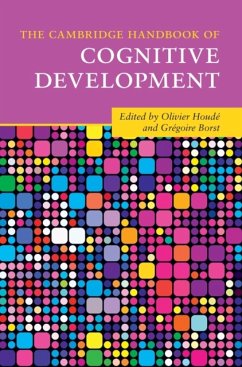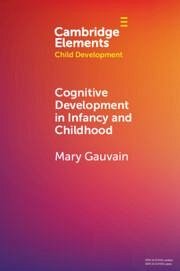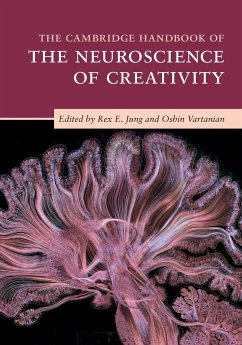
The Cambridge Handbook of Cognitive Development
Versandkostenfrei!
Versandfertig in über 4 Wochen
65,99 €
inkl. MwSt.

PAYBACK Punkte
33 °P sammeln!
How does cognition develop in infants, children and adolescents? This handbook presents a cutting-edge overview of cognitive development, spanning basic methodology, key domain-based findings and applications. It is a vital resource for scholars and graduate students in developmental psychology, neuroeducation and the cognitive sciences.














